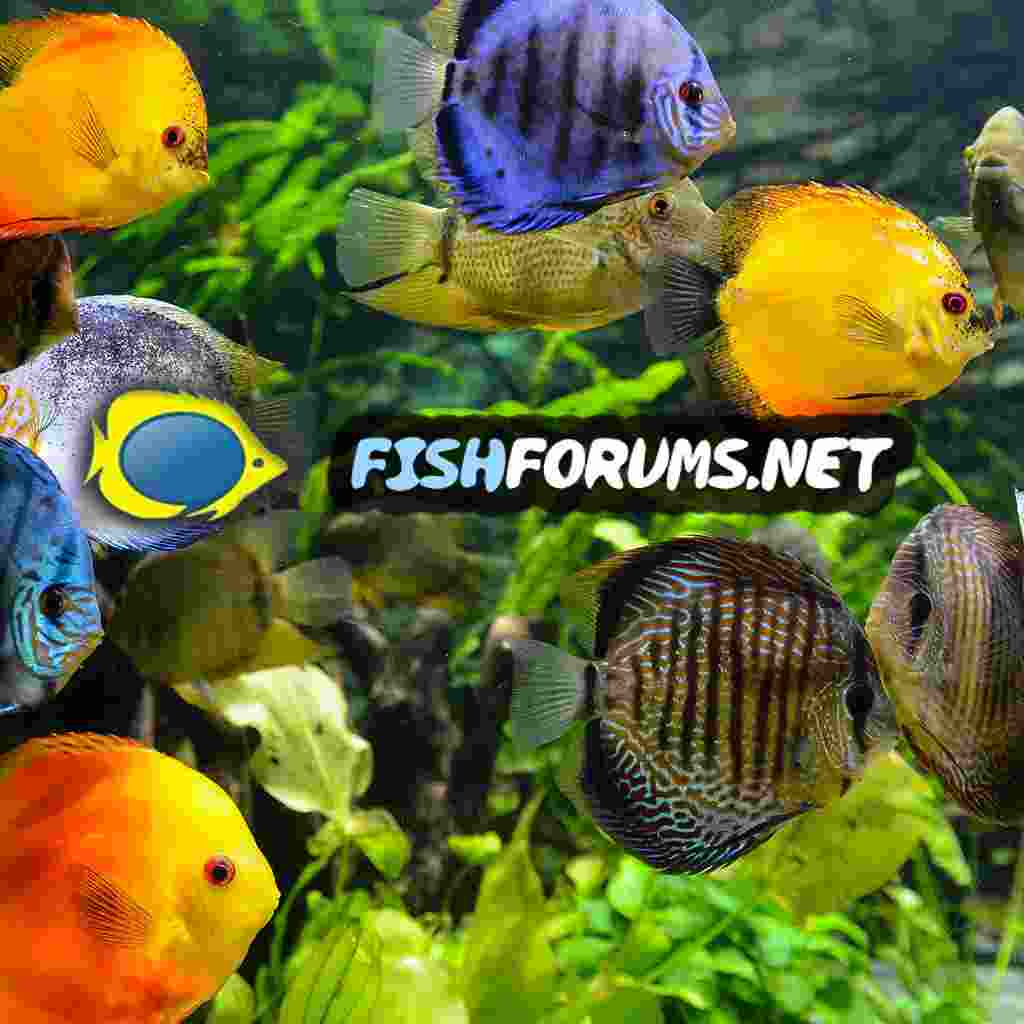what do you mean "what meds are flu"
Flubendazole is flubendazole. It treats worms and is sold as flubendazole.
When deworming fish, just treat the whole tank because if 1 fish has worms, they all have worms.
------------------
see following link for symptoms..
Basically if fish stops eating and does stringy white poop it is usually an internal bacterial infection and fish dies within 24-48 hours.
If fish doesn't eat as much and does stringy white poop, it has an internal protozoan infection and dies a week or two later. Metronidazole usually helps with this.
If fish is eating well but doing stringy white poop, it has worms. Flubendazole treats round and flat worms. Praziquantel only treats flat worms. Levamisole only treats round/ thread worms.
Thread/ round worms are the most common worm infection.
Fish do a stringy white poop for several reasons. 1) Internal Bacterial Infections causes the fish to stop eating, swell up like a balloon, breath heavily at the surface or near a filter outlet, do stringy white poop, and die within 24-48 hours of showing these symptoms. This cannot normally be...

www.fishforums.net



